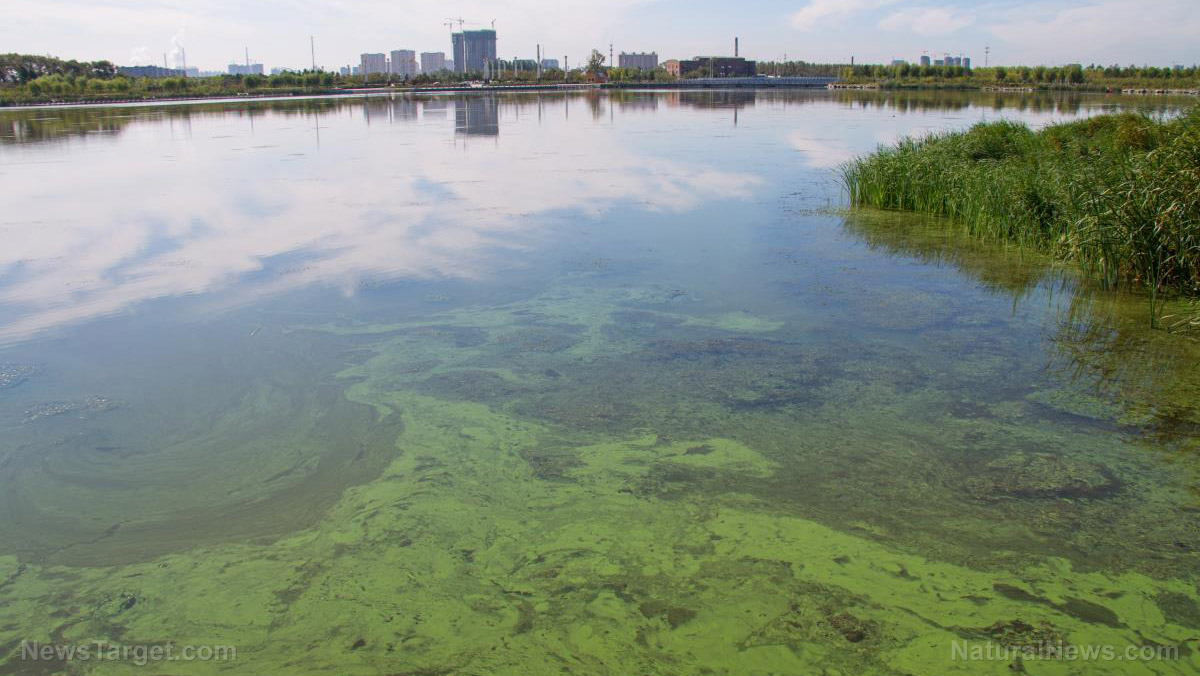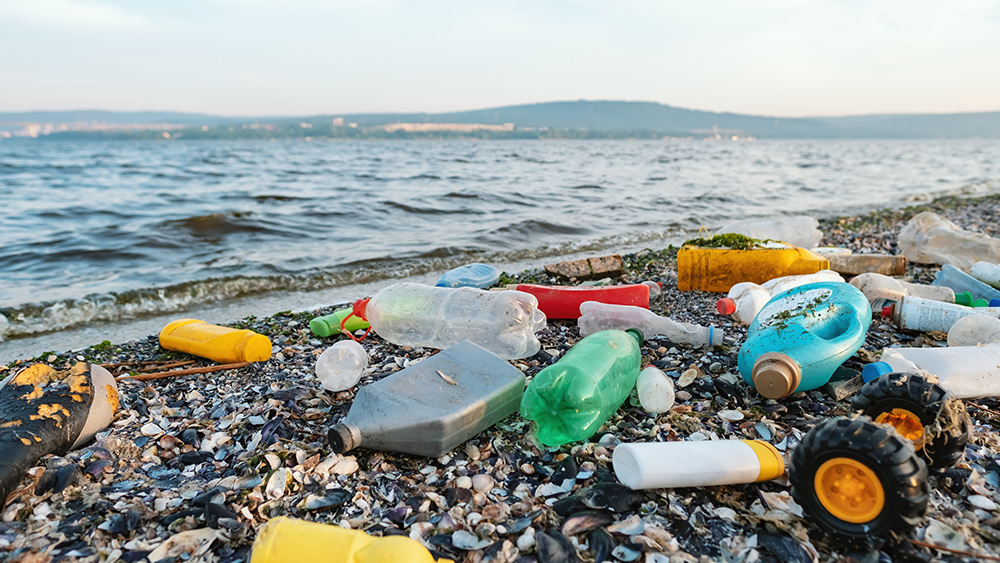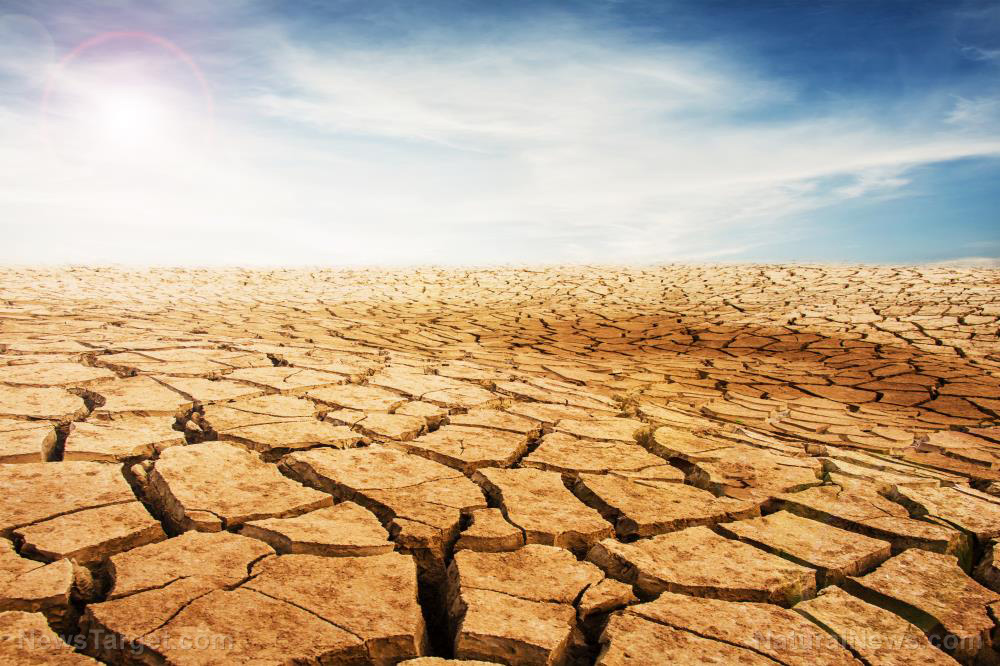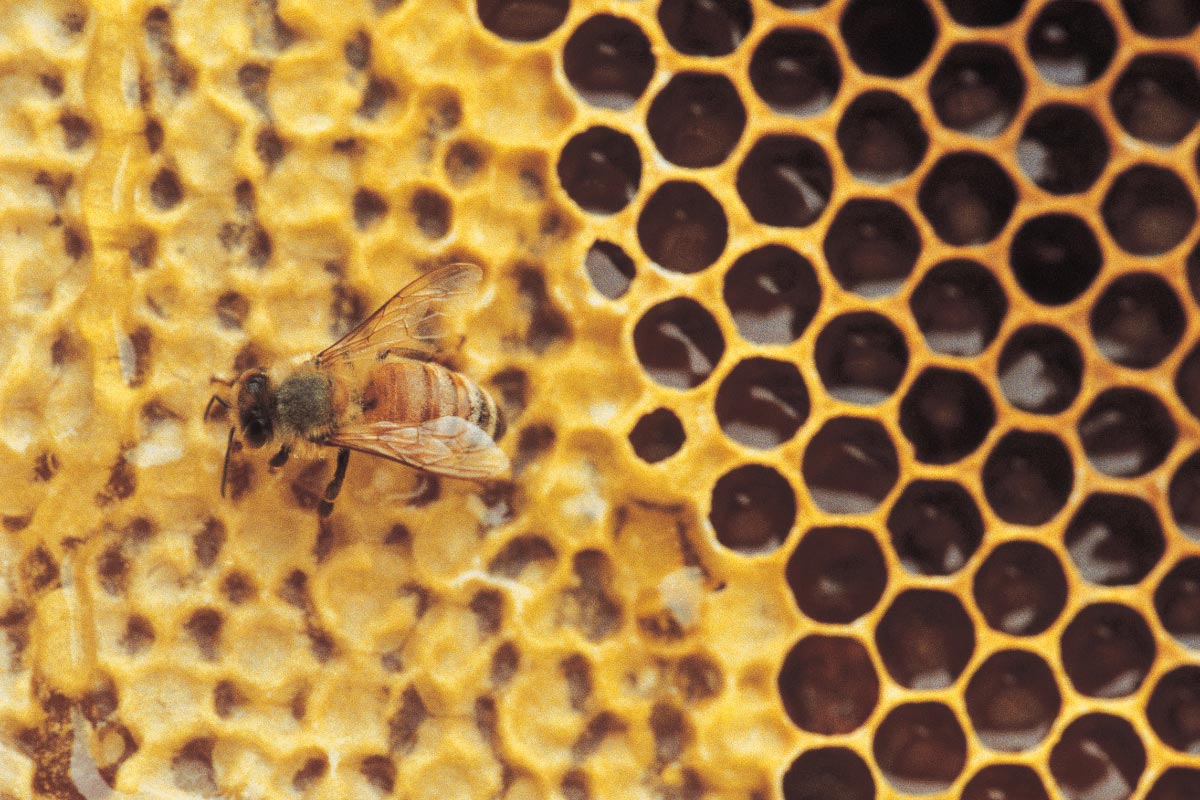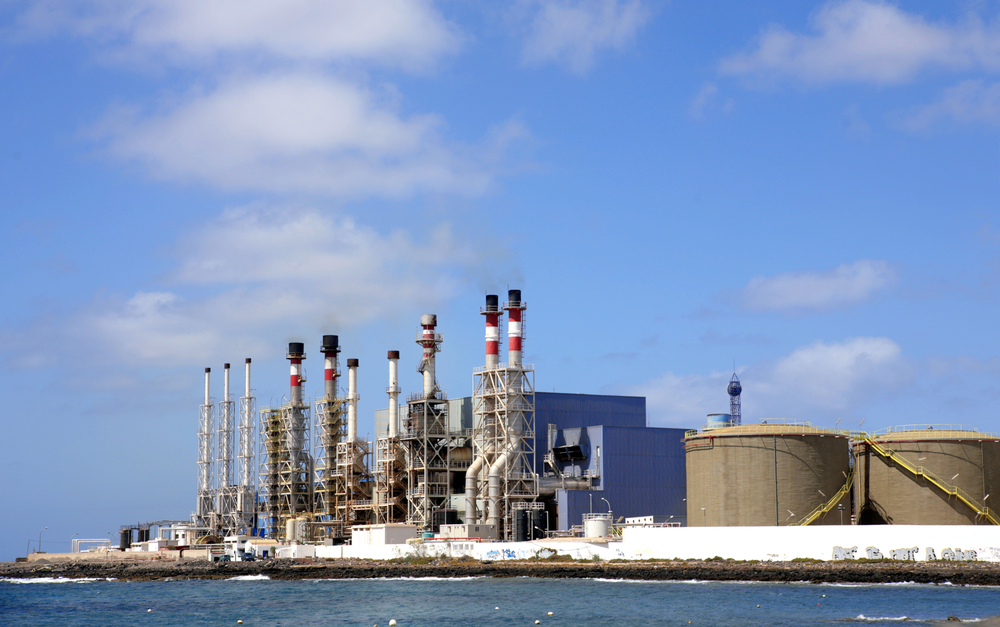Worldwide plastic pollution expected to triple by 2060
06/09/2022 / By Kevin Hughes
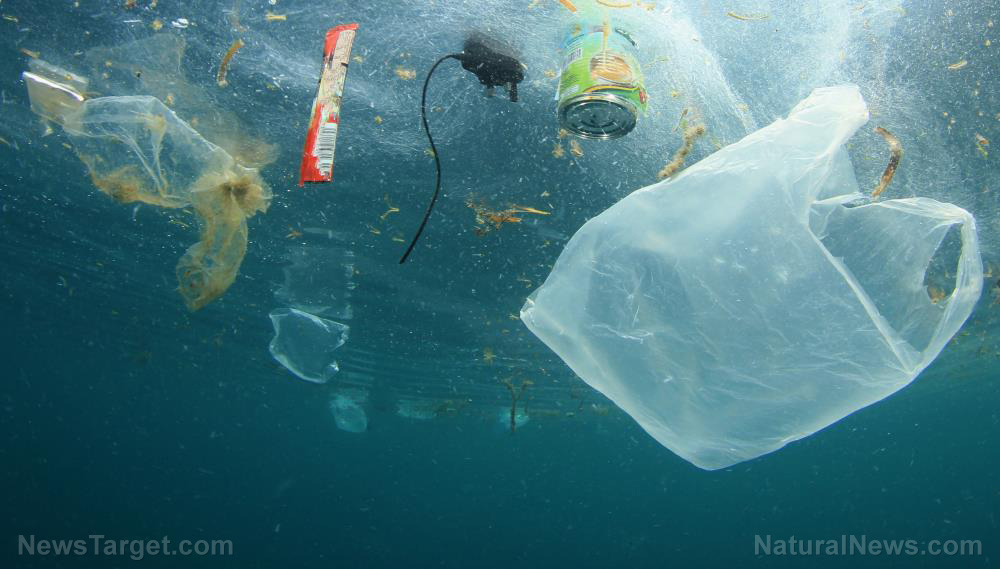
The amount of plastic waste worldwide is expected to almost triple over the next four decades if radical action is not taken to control the level of pollution.
This was the warning issued by the Organization for Economic Cooperation and Development (OECD) in a new report released Friday, June 3.
According to the report entitled “Global Plastics Outlook: Policy Scenarios to 2060,” almost two-thirds of the plastic waste that will be polluting the environment by 2060 will come from single-use and short-lived products such as cheap toys, consumer goods, household items, packaging and textiles.
The report has established projections of future plastic production and consumption in addition to a series of policy scenarios that if legislated could dramatically reduce the extent of the crisis humanity has made with its overdependence on cheap plastics. (Related: REPORT: Reducing global plastic pollution would require halting plastic production, improving waste management, participating in cleanups)
“If we want a world that is free of plastic pollution, in line with the ambitions of the United Nations Environment Assembly, we will need to take much more stringent and globally coordinated action. This report proposes concrete policies that can be implemented along the lifecycle of plastics that could significantly curb – and even eliminate – plastic leakage into the environment,” said OECD Secretary-General Mathias Cormann.
Based on the OECD announcement, the report predicts global plastics consumption soaring from 460 million tons in 2019 to 1,231 million tons in 2060 – a rise faster than most raw materials. The report will be accessible as a preliminary version before its full publication later this year.

“Growth will be fastest in developing and emerging countries in Africa and Asia, although OECD countries is still expected to produce much more plastic waste per person (238 kilogram) in 2060 than non-OECD countries (77 kilogram).
Globally, plastic leakage to the environment is seen doubling to 44 million tons a year, while the build-up of plastics in lakes, rivers and oceans will more than triple as plastic waste balloons from 353 million tons in 2019 to 1,014 million tons in 2060.
“Most pollution comes from larger debris known as macroplastics, but the leakage of microplastics (synthetic polymers less than five millimeter in diameter) from items like industrial plastic pellets, textiles and tire wear is also a serious concern,” the OECD report added.
Recycled plastic waste to rise 17 percent in 2060
The report predicts the amount of recycled plastic waste will rise from nine percent in 2019 to 17 percent in 2060, and the share of plastic that ends up in unrestrained dumpsites, burned in open pits or leaked into the land or bodies of water rather than enter a waste management system will fall from 22 percent to 15 percent in 2060.
According to the report, about 20 percent of plastic waste will continue to be incinerated.
About 8.3 billion tons of plastic since the 1950s have been made with more than 60 percent of that thrown into landfills, burned or dumped straight into rivers and oceans.
Some 460 million tons of plastics were used in 2019, twice as much as two decades earlier. The amount of plastic waste has almost doubled, surpassing 350 million tons, with lower than 10 percent of it recycled.
On current trends, the use of plastics is predicted to nearly double in North America, Europe and East Asia. It is expected to grow three- to five-fold in other emerging and developing countries and more than six-fold in sub-Saharan Africa.
The report contradicts a common course with the benefits of more promising worldwide policies of decreased plastic use and pollution.
Driven by economic growth and growing population, the OECD warned that plastic production will continue to rise.
Follow Pollution.news for more news about plastic pollution.
Watch the video below to know more about addressing the world’s plastic crisis.
This video is from the Finding Genius Podcast channel on Brighteon.com.
More related stories:
Experts warn that the amount of plastic pollution in our oceans will triple in just 7 years.
Plastic pollution threatens the food supply from the world’s oceans.
Sources include:
Submit a correction >>
Tagged Under:
This article may contain statements that reflect the opinion of the author




